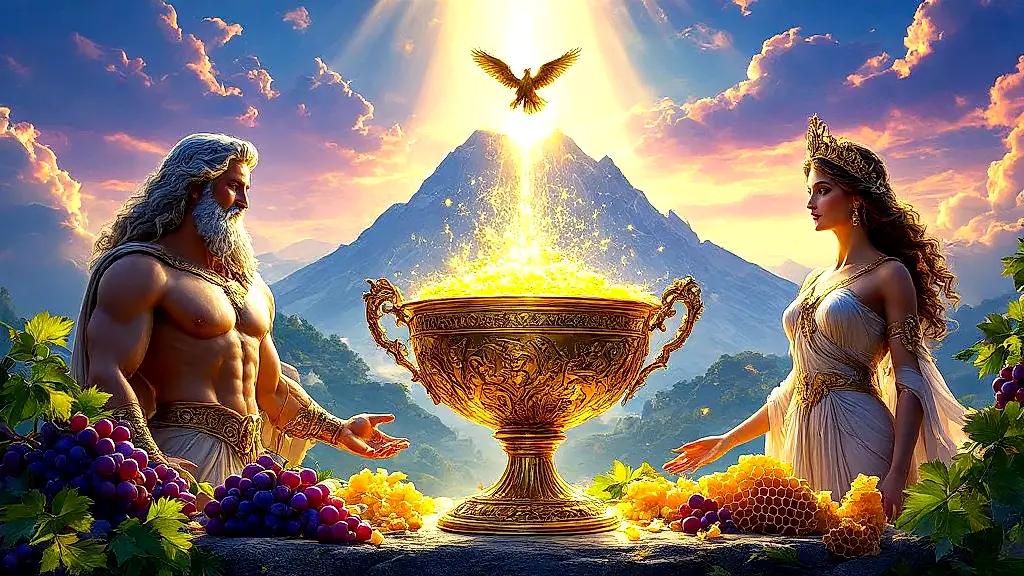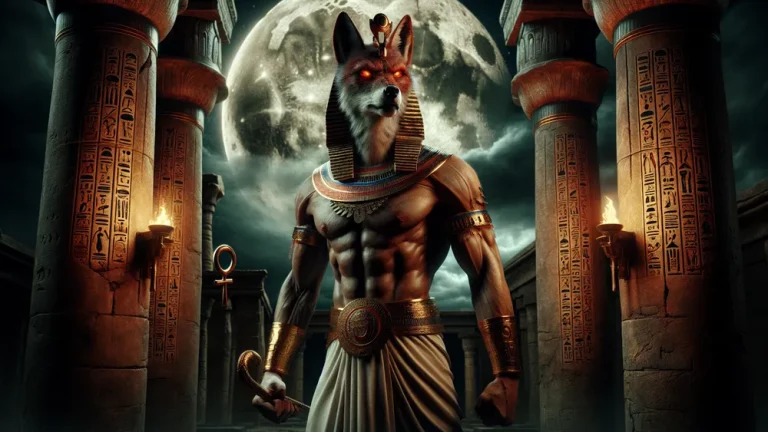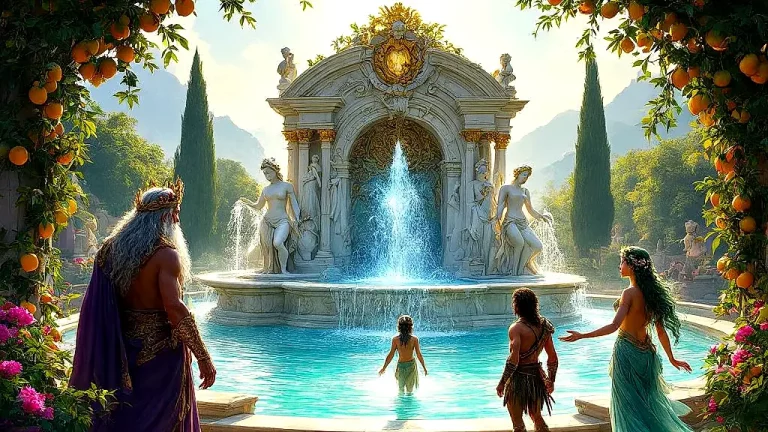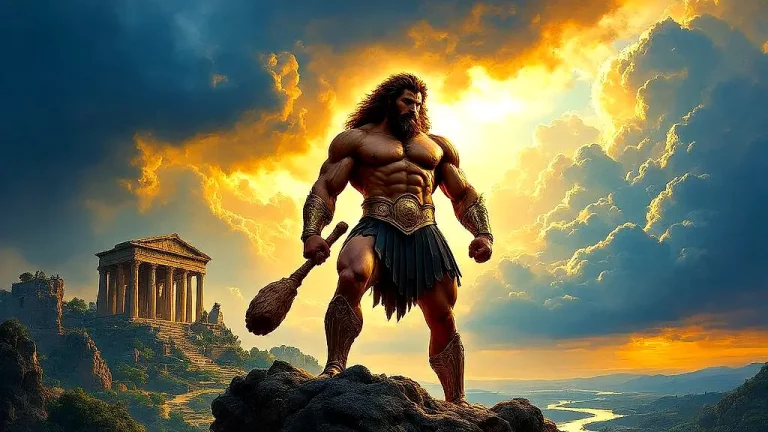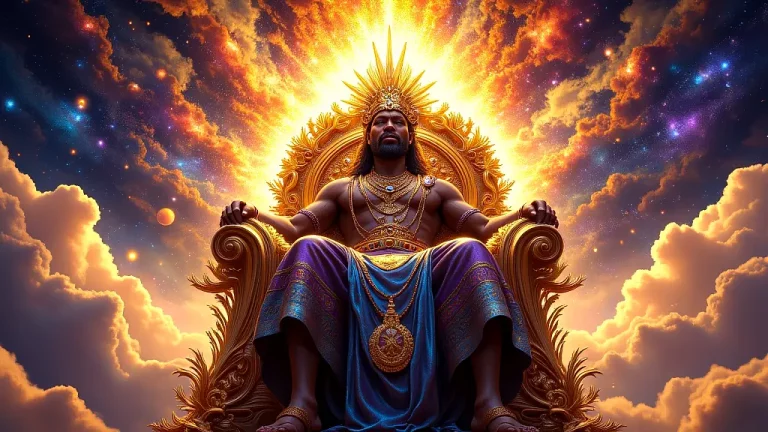The Role And Meaning Of Ambrosia In Greek Mythology
Picture a meal where a single bite makes you immortal. That was ambrosia, the food Greek gods ate. In myths, ambrosia (often a paste or solid) and its drinkable form, nectar, didn’t just satisfy hunger. They gave gods like Zeus eternal power. Homer’s Iliad shows gods growing weak without it. They had to return to Olympus to regain their strength.
Key Points:
- Ambrosia was the food of the Greek gods, keeping them immortal and young forever.
- Nectar, the drink of the gods, worked with ambrosia to give them strength and energy.
- Only Olympian gods could eat ambrosia—Titans lost access, and mortals faced punishment if they tried.
- It healed wounds, like when Thetis used it on Achilles or Zeus saved Dionysus with it.
- Without ambrosia, gods grew weak but didn’t die, as seen when Demeter refused it while grieving.
- Tantalus stole ambrosia and was punished forever, proving humans couldn’t touch divine food.
- Other myths, like Norse apples or Hindu amrita, had similar ideas but ambrosia was unique to Greek gods.
However, ambrosia did more than feed them. It separated mortals from gods. Mortals who tried to eat it, like Tantalus, suffered badly. Demigods like Achilles, though, gained healing from it. Other cultures had similar foods, like Norse Idunn’s apples. But Greek ambrosia stood out because it played key roles in myths, from Dionysus’ rebirth to Demeter’s sorrow.
Here, we’ll look at what it was, what it did, and how it divided gods from humans.
Ambrosia In Greek Mythology: Overview and Key Facts
| Category | Details | Sources and Notes |
|---|---|---|
| What Is It? | The gods ate ambrosia, which Homer described as a thick paste. Later poets sometimes called it a liquid. | Homeric Hymns, Iliad; ancient writings don’t always agree. |
| Primary Purpose | It made gods immortal and kept them young forever. If they were hurt, it healed them. | Theogony (Hesiod) explains how it kept them alive. |
| Who Consumes It? | Only Olympian gods like Zeus and Hera could eat it. The Titans lost access after their defeat. | Iliad says the Olympians needed it; Titans were cut off. |
| Effects on Mortals | Humans were never supposed to eat it. If they did, it might kill them, like Tantalus, or change them, like Achilles’ heel. | Metamorphoses (Ovid) describes the dangers. |
| Mythical Examples | – Thetis rubbed ambrosia on Achilles. <br> – Zeus used it to bring Dionysus back to life. <br> – Demeter wouldn’t eat it while grieving for Persephone. | Each story shows a different use – healing, rebirth, or refusal. |
| Symbolism | It showed how different gods and humans were. Only gods could live forever. | Similar myths, like Norse Idunn’s apples, also show this idea. |
(Note: Nectar, often mentioned with ambrosia, will be covered next.)
What Is Ambrosia and Nectar?
Let’s take a closer look at ambrosia and nectar, starting with what they were and how they functioned.
What Ambrosia Is Like
Ambrosia was the special food of the gods, usually described as a solid substance with a strong, pleasant smell. Homer’s Iliad mentions it as a paste that could heal wounds when applied.
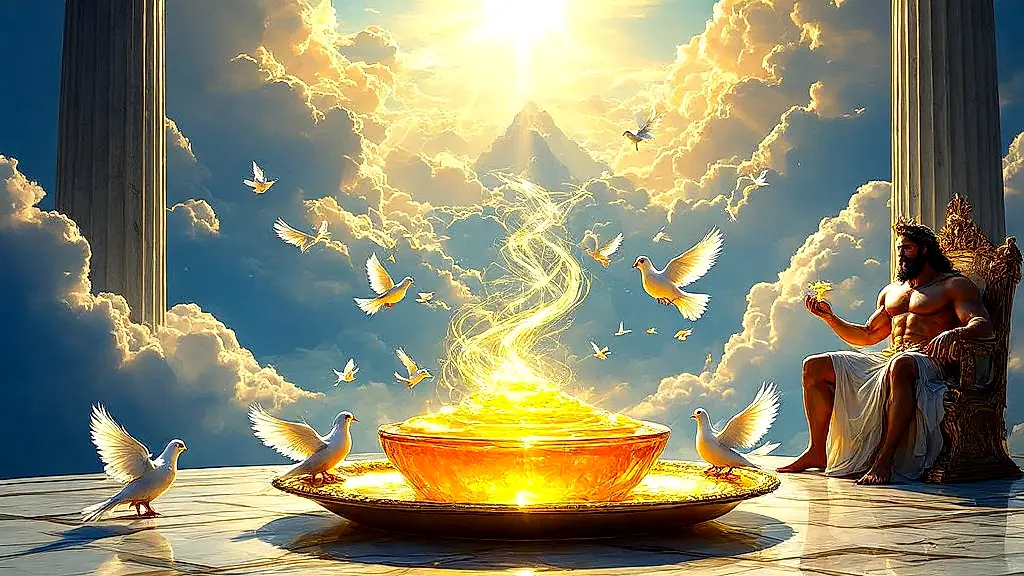
The scent alone had power to revive the gods, and while myths don’t describe its exact taste, all accounts agree it was far sweeter and more potent than any human food. It functioned as the ultimate nourishment – a single portion maintained immortality, keeping Zeus and the Olympians forever young. According to legends, doves brought it from the distant edge of the world, beyond the river Oceanus, proving its supernatural origins.
Later poets sometimes disagreed about its form, describing it as either solid or liquid, but they all agreed on its purpose: to keep the gods from aging or dying.
Ambrosia was the gods’ magical food that kept them immortal and forever young, brought by doves from a faraway place beyond the known world.
Nectar: The Drink of the Gods
If ambrosia was the gods’ food, nectar was their divine drink. The Homeric Hymns describe it as a golden liquid similar to wine but much more potent. This drink had honey-like sweetness with floral notes and an extremely strong, pleasant aroma. With every sip, it gave the gods strength and energy. During their endless feasts, the Olympians drank nectar from golden cups.
While mortals had ordinary wine, the gods consumed this divine version. Nectar also had ceremonial uses – objects and even gods themselves were anointed with it. In the Iliad, Thetis used both nectar and ambrosia to prepare Patroclus’ body. Later traditions sometimes mixed up nectar and ambrosia, but classical sources clearly show nectar as the liquid that completed the gods’ divine nourishment.
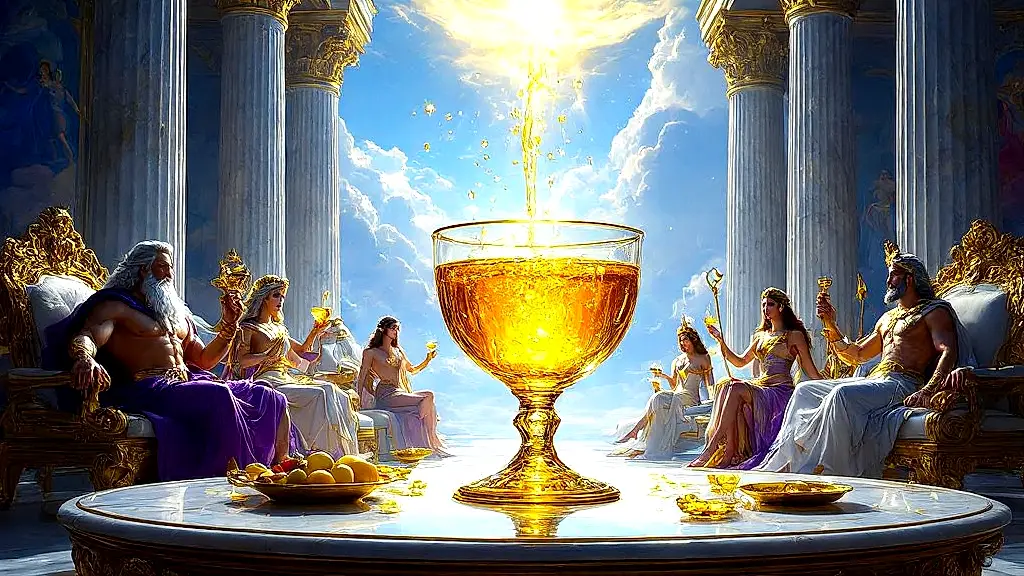
How They’re Different
Ambrosia and nectar were both divine substances, but they fulfilled different roles for the Olympians. They were two different but complementary divine substances – ambrosia was solid while nectar was liquid, one provided eternal life and the other restored energy.
Here are their main differences according to classical sources:
| Feature | Ambrosia | Nectar |
|---|---|---|
| Form | Solid (paste or cake-like) | Liquid (similar to wine) |
| Primary Use | Divine food | Divine drink |
| Effects | Provided eternal life | Restored strength |
| Application | Eaten or used on wounds | Drunk or used in ceremonies |
| Source | Brought by doves from Oceanus | Came from Olympus |
However, later poets sometimes confused these distinctions. Homer kept them separate, similar to how food and drink work together, but with divine effects. The gods needed both ambrosia and nectar because they required both food and drink to maintain their divine state.
Who Ate Ambrosia?
After learning about ambrosia, the natural question follows: who could eat this godly food?
The Olympian Gods’ Need for It
The Olympians didn’t merely eat ambrosia – they required it as humans require food and water. Homer’s Iliad shows that Zeus and the other gods ate ambrosia daily to maintain their immortality and divine nature. Their golden ichor (divine blood) needed regular replenishment from this divine food. It served as their daily nourishment, though missing a meal wouldn’t just cause hunger – it would weaken them.
Regularly, the gods gathered in their golden halls on Olympus where Hebe, the goddess of youth, served them ambrosia. This preserved their eternal strength, and even mighty Zeus depended on this essential ritual.
Did the Titans Get Ambrosia?
The Titans, the older gods defeated by Zeus, never received ambrosia. After winning the Titanomachy, the Olympians kept it for themselves. Meanwhile, the Olympians consumed ambrosia every day while the imprisoned Titans, including Cronus the former ruler of the cosmos, found other ways to survive. Ancient texts don’t specify what these were. This shows ambrosia was more than food – it represented the Olympians’ power and their sole access to immortality.
The defeated Titans in Tartarus never gained this source of eternal life that their successors enjoyed.
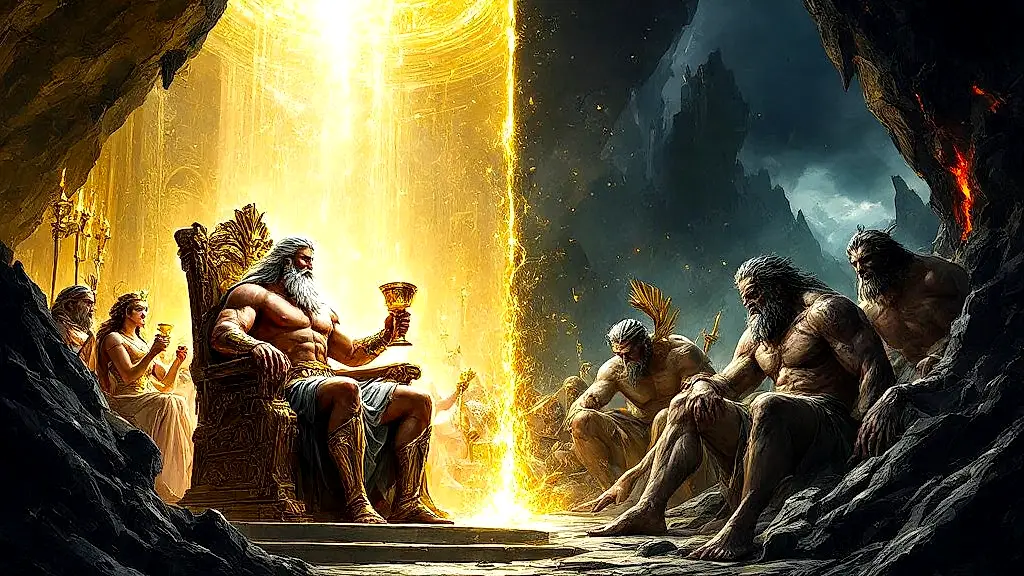
The Olympians kept ambrosia for themselves after beating the Titans, who never got to taste the food that gave eternal life.
Mortals Who Touched Ambrosia
For humans, contact with ambrosia could bring great change or great harm. Though the gods ate it regularly, human bodies couldn’t handle this powerful godly substance. The results varied from amazing benefits to terrible outcomes, depending on the situation and the gods’ wishes.
Notable mortals who came into contact with ambrosia include:
- Achilles: His mother Thetis rubbed ambrosia on him to make him invulnerable (except his heel)
- Tantalus: Stole ambrosia to give to humans, which earned him eternal punishment in Tartarus
- Demeter: When grieving for Persephone, she refused ambrosia just as humans refuse food when mourning
- Dionysus: As a baby half-god, Zeus kept him alive with ambrosia after Semele died
- Odysseus: Calypso reportedly gave him ambrosia to stay young during his time with her
What Could Ambrosia Do?
We’ve seen who ate ambrosia. Now we’ll examine what powers it contained.
How It Made Gods Immortal
Ambrosia functioned to maintain the gods’ immortality, renewing their golden ichor (their immortal blood) and removing all aging effects. As Hesiod describes in his work Theogony, when gods ate ambrosia, it wasn’t just food – it changed their physical nature. Each portion acted as a source of eternal youth, reinforcing their divine state.
While humans eat for energy, ambrosia gave gods something greater: it preserved their divine nature completely, which stopped them from aging at all. Ancient texts show this wasn’t automatic – the gods needed regular doses because their immortality depended on continuous ambrosia intake rather than being natural to them.
Healing and Bringing Back Strength
Besides keeping gods immortal, ambrosia worked as their main healing substance. It could heal injuries immediately and provide a powerful boost of energy. When used on the body or taken in big doses, it fixed even serious injuries. This returned a god’s body to its perfect condition.
Key examples of ambrosia’s healing power include:
- Achilles’ burns: Thetis treated her son’s Styx river burns with ambrosia
- Dionysus’ rebirth: Zeus placed the unborn Dionysus in his thigh and fed him ambrosia after Semele died
- Wounded gods in the Iliad: Both Aphrodite and Ares went to Olympus for ambrosia after battle wounds
- Hera’s rejuvenation: Some stories say ambrosia made her virgin again each year, renewing her marriage to Zeus
What Happens Without It
Gods who didn’t eat ambrosia couldn’t die, but they became weak and vulnerable. Their power gradually faded without it. For example, when Aphrodite got wounded, she immediately returned to Olympus for ambrosia, showing how gods needed it to recover. When Demeter mourned Persephone and refused ambrosia, she aged visibly and lost strength. This proved even immortals weakened without this food.
Although no stories tell of gods dying from lack of ambrosia, they became much weaker than normal until they restored their power. Without it, they moved slower, had less strength, and could be hurt more easily.
Stories About Ambrosia
Ambrosia’s unique properties created significant myths in Greek culture. The stories about it demonstrate why the gods kept such close watch over this substance.
Tantalus’ Theft and His Endless Punishment
Tantalus was a mortal king who the gods treated exceptionally well. He committed a terrible crime by stealing ambrosia from Olympus. As a regular guest at godly feasts – some say he was Zeus’ son – he could access their most valuable substance. Instead, he either shared it with mortals or tried to test the gods’ all-knowing nature by serving his son Pelops as food.
After Zeus found out about the theft or the horrible meal, his anger led to one of mythology’s most famous punishments. Tantalus was sent to Tartarus, where he stood in water up to his chin under fruit trees. When he tried to drink, the water pulled away. If he reached for fruit, the branches moved beyond his grasp.
This suffering gave us the word ‘tantalize’. It describes his constant, unbearable almost-relief. Different versions add details – some mention a boulder above him, others focus on his hunger and thirst. All agree the gods made him a warning about mortals going too far. Some stories say he stole nectar instead of ambrosia, showing how these godly foods got mixed up in various traditions.
Tantalus was punished with endless hunger and thirst in the underworld after stealing the gods’ food and serving his own son as a meal.
Thetis Using Ambrosia on Achilles
The sea nymph Thetis did something remarkable to her baby Achilles. She dipped him in the river Styx and put ambrosia on him. Most stories say she held him by the heel, which stayed vulnerable while the rest of his body became invulnerable. This version doesn’t match Homer’s Iliad, where Achilles could still be wounded. The ambrosia part might have been added later.
The ambrosia did two things – it made the Styx‘s protection stronger and gave the child godly strength. Ancient sources describe how Thetis would burn Achilles‘ mortal parts each night, then use ambrosia to grow his flesh back. She stopped when Peleus interrupted her, leaving some mortality untouched. This explains why Achilles stayed partly mortal, leading to his death through that untreated heel.
Demeter’s Refusal to Eat Ambrosia
After Hades took Persephone, Demeter was so heartbroken that she refused all godly food. She wandered the earth in disguise and wouldn’t touch ambrosia. According to the Homeric Hymn, she sat without moving in Eleusis‘ temple for nine days, eating no ambrosia and drinking no nectar. This made her divine appearance fade as she grew weaker. Her choice to refuse ambrosia had serious effects.
Because Demeter was the agriculture goddess, her sadness made crops fail everywhere. Ancient texts say she became thin and weakened without ambrosia‘s power, proving even gods could waste away without their special food. Some versions say she only started eating again when tricked into drinking kykeon, a barley drink.
This moment when she refused ambrosia became important in the story of how the Eleusinian Mysteries began.
Ambrosia in Dionysus’ Birth Story
After Semele died from Zeus‘ lightning, he saved the unborn Dionysus from her body. He used ambrosia to keep the baby alive. Most stories say Zeus sewed the premature Dionysus into his thigh, where ambrosia worked as both food and protection until birth. This changed a tragic situation into one of mythology’s strangest births. Different ancient writings tell this story differently.
Some Orphic texts say Zeus fed ambrosia to baby Dionysus after being born again. Others claim it protected him during his travels. What all versions agree on is that ambrosia helped Dionysus become a full god despite being born to a mortal woman. The thigh-birth story especially shows how powerful ambrosia was.
It could maintain divine life even in the most unusual circumstances, proving its importance to the gods. This explains how Dionysus, unlike other half-mortal children, achieved complete godhood.
Ambrosia in Other Mythologies
Ambrosia matters most in Greek tradition. Yet nearly all cultures have stories about special food for their gods.
Divine Food in Different Cultures
Gods in various myths stay immortal by eating special foods. While ambrosia is the Greek version, other cultures have similar concepts from Norse to Hindu traditions. These foods all serve the same purpose: keeping gods powerful and different from humans.
| Mythology | Divine Substance | Source Text | Key Properties |
|---|---|---|---|
| Norse | Idunn’s Apples | Poetic Edda | Keep gods young (Skáldskaparmál 56) |
| Hindu | Amrita | Rigveda 9.113 | Makes immortal (Samudra manthan story) |
| Egyptian | Heqet’s Offerings | Pyramid Texts | Provides life energy (Utterance 338) |
| Chinese | Peaches of Immortality | Shan Hai Jing | Grants long life (Western Mother myth) |
Idunn’s apples work differently from ambrosia. Gods must eat them regularly to stay young, rather than becoming immortal forever.
The Hindu amrita appeared when gods and demons churned the ocean. Egyptian offerings connect to the life-giving Nile floods. Chinese immortality peaches take 9,000 years to grow. This shows how cultures changed the idea of divine food to match their environment and beliefs. Whether apples, nectar, or peaches, these stories all explain why gods outlive and outpower humans.
Gods in myths stay young and strong by eating special foods like apples, nectar, or peaches, depending on their culture.
What Ambrosia Really Meant
Ambrosia meant more than just godly food. For the Greeks, it showed how they understood the universe and what made gods different from mortals.
The Line Between Gods and Humans
Ambrosia was something only gods could have – humans were never allowed. This sacred food showed the complete separation between gods and people. Even great heroes like Achilles only got partial benefits, with his heel staying vulnerable. The myths clearly show three ways ambrosia kept gods and humans apart. First, there was a biological difference.
Gods renewed their immortality each day (Homeric Hymn to Demeter 235-240), while humans kept aging with no way to stop it. Second, it maintained social hierarchy. When Tantalus tried to steal ambrosia, he received eternal punishment (Homer’s Odyssey 11.582-592). No human could cross this line. Third, it preserved universal order. Prometheus failed when he tried to trick Zeus with special meats (Hesiod’s Theogony 535-557).
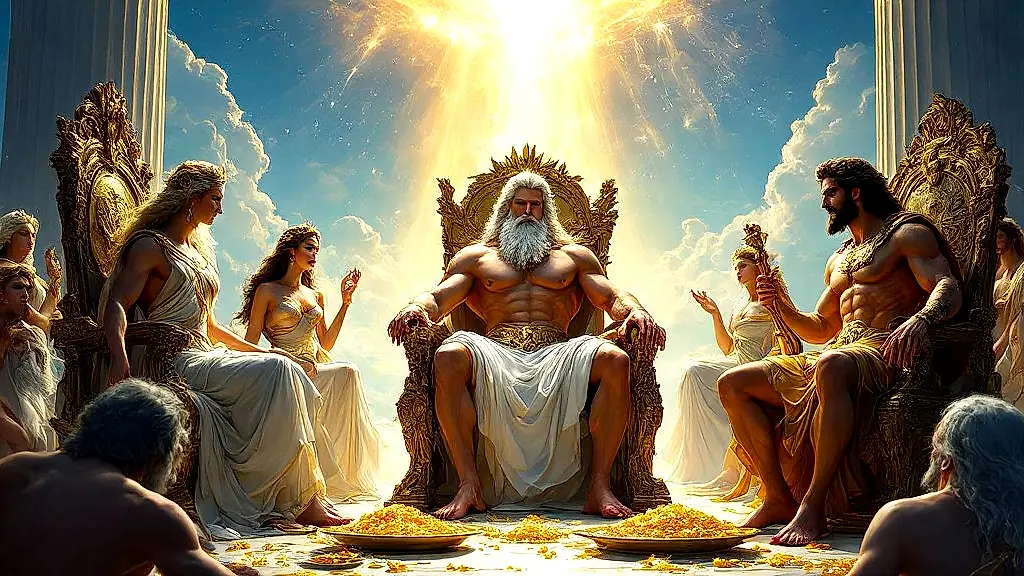
This showed the strict separation through food that couldn’t be broken. These myths demonstrate how Greeks saw what made gods special. It wasn’t just about powers – gods lived by completely different rules of life and death, all maintained by who could eat ambrosia.
Purity and the Gods’ Higher Status
Ambrosia was what kept gods looking perfect and set them above other beings. In Homer’s Iliad (Book 5.864-867), we see Aphrodite using it to heal wounds and restore her divine appearance after fighting mortals. This sacred food did more than nourish – it cleaned and preserved their godly forms. The Olympians appeared more radiant than the defeated Titans, who lost access to ambrosia.
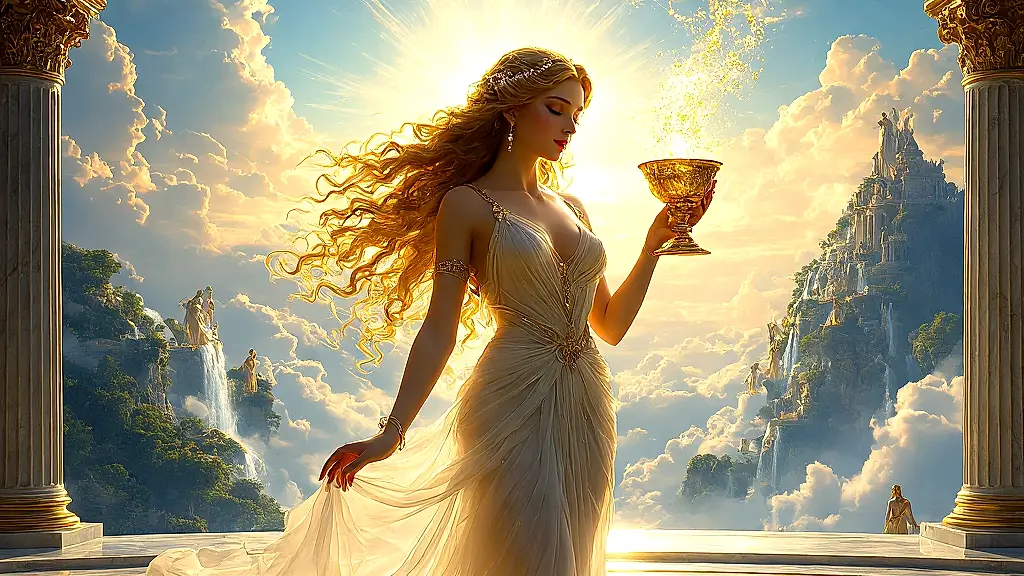
They also outshone chthonic deities, making a clear ranking among divine beings. Some stories even mention the sweet smell that came from gods eating ambrosia (Homeric Hymn to Apollo 123-125). Only gods could have ambrosia, which showed their higher status. It proved their untouchable purity while keeping them physically superior to all other creatures.
This exclusive right to consume ambrosia became both the reason for and the sign of their divine perfection.
FAQs
1. Did Titans consume ambrosia?
The Titans did not consume ambrosia, as it was exclusively reserved for the Olympian gods.
2. Can demigods eat ambrosia safely?
Demigods can eat ambrosia safely in rare instances, though it typically poses risks due to their mortal heritage.
3. What if a god stops consuming ambrosia?
If a god stops consuming ambrosia, they weaken but do not die, as seen in myths like the Iliad where wounded gods retreat to Olympus for renewal.
4. How is ambrosia harvested?
Ambrosia is harvested by divine doves who retrieve it from beyond the river Oceanus, the mythical boundary of the world.

